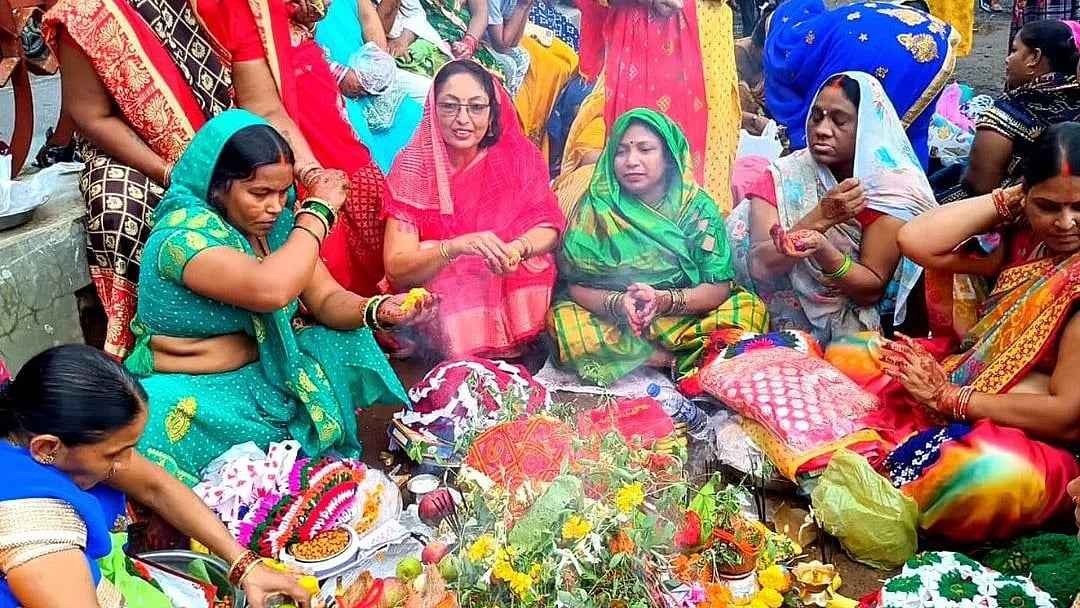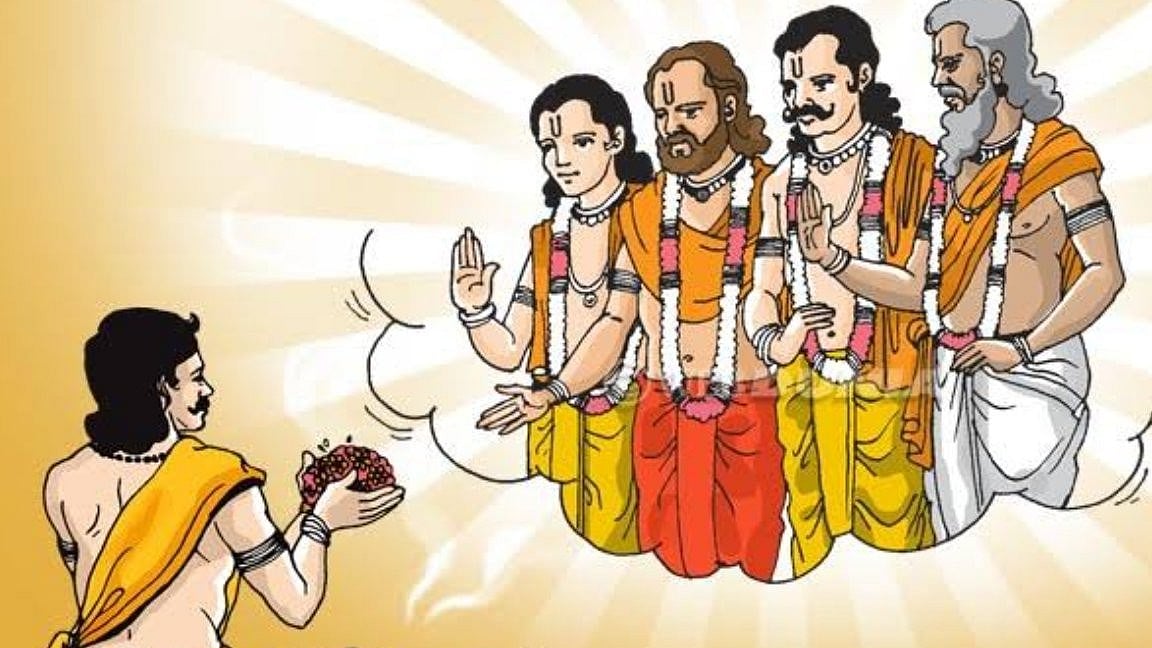Pitru Paksha, the sacred fortnight, is dedicated to ancestors. It holds immense significance in Hindu tradition. During this period, Pitru families perform rituals like tarpan, pind daan, and shraddha to pay homage to their forefathers. While it is a spiritually uplifting period, it is also considered inauspicious for conducting new beginnings such as marriages, buying property, or starting businesses.
The spiritual reason
According to Hindu beliefs, Pitru Paksha is a time of remembrance and gratitude toward departed souls. It is believed that during this fortnight, the spirits of ancestors visit their descendants to bless them, provided the rituals are performed with sincerity. Since the period is dedicated to rituals for the dead, activities that symbolize joy, celebration, or new ventures are considered inappropriate.
Engaging in festive or auspicious acts during this time is believed to distract from honoring the ancestors, which may displease them. This could, in turn, result in obstacles, lack of harmony, or delays in new endeavors.
Why families avoid celebrations?
Traditionally, households maintain a solemn atmosphere during Pitru Paksha. Weddings, housewarmings, or large-scale celebrations are postponed until the end of the fortnight. Even starting new business ventures or signing important deals is avoided, as the period is spiritually reserved for connecting with ancestors rather than celebrating worldly milestones.
About Pitru Paksha
Pitru Paksha serves as a reminder that respect for the past is as important as preparing for the future. By refraining from auspicious activities during this time, families align with age-old traditions that emphasise gratitude, humility, and spiritual balance. Once the period concludes, joyous occasions and new beginnings are welcomed with renewed blessings from the ancestors.










